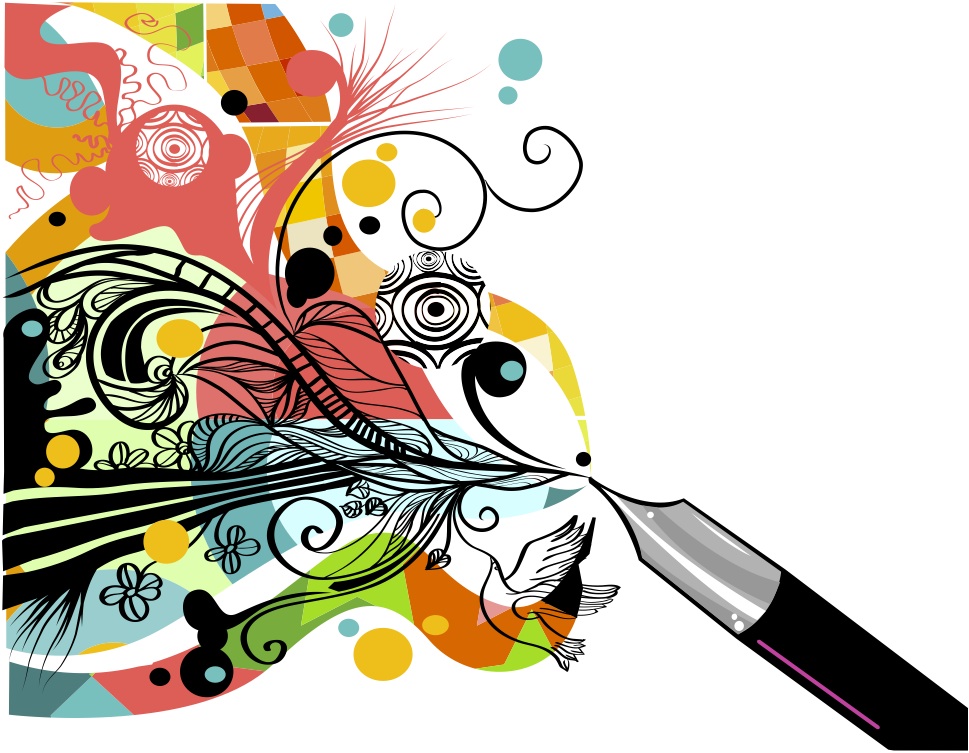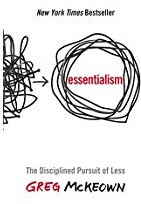 Writers are opinionated people.
Writers are opinionated people.
Our brains never seem to stop. We criticize because we “know” how things and people should be. This “critical editor component” of our personality is absolutely invaluable to the editing and revision process. If you can’t spot what’s wrong with a manuscript, you can’t fix it.
However, this same critical ability can cause writers to actually lose focus, allowing their writing hours to slip away with little or no work done.
Think About It
Many of us go through our daily lives with our internal critic or editor in charge. We don’t see the person right in front of us as he or she is (which may be perfectly fine.) Instead, that person reminds us of a demanding boss or an ex-spouse, and we “see” characteristics that aren’t there. Or they remind us of a forgiven (but not forgotten yet) event. Stress!
Conversely, we think the person in front of us is “supposed” to be kind and supportive (or whatever our inner definition of the perfect parent/spouse/child/sibling). And yet many such relationships are anything but, leaving us hurt and upset because they should be supportive. More stress! Life rarely satisfies a person who lets the “shoulds” run his life.
Do we spend our time “shoulding”? We don’t see a child who is happily singing at the top of her voice. (That child should be quieter in the store!) We don’t see an interesting shade of purple hair. (That teenager should resemble a middle-aged adult instead.) We don’t see the predator or user sometimes either–because trusted family members shouldn’t be such things. Our “shoulds” and “shouldn’ts” color everything we observe.
Change Your Perspective
Our inner editor sometimes keeps us from seeing what’s in front of us. We are constantly “revising” the facts. So what’s the problem with that? You can’t accept–and get peace about–what you can’t honestly see or face. You stay stirred up–a condition rarely suited to being creative. Sometimes the simplest solutions evade us because we’re all riled up inside.
It reminds me of a story (you may also be familiar with) about “The River and the Lion:
After the great rains, the lion was faced with crossing the river that had encircled him. Swimming was not in his nature, but it was either cross or die. The lion roared and charged at the river, almost drowning before he retreated. Many more times he attacked the water, and each time he failed to cross. Exhausted, the lion lay down, and in his quietness, he heard the river say, “Never fight what isn’t here.”
attacked the water, and each time he failed to cross. Exhausted, the lion lay down, and in his quietness, he heard the river say, “Never fight what isn’t here.”
Cautiously, the lion looked up and asked, “What isn’t here?”
“Your enemy isn’t here,” answered the river. “Just as you are a lion, I am merely a river.”
Now the lion sat very still and studied the ways of the river. After a while, he walked to where a certain current brushed against the shore and stepping in, floated to the other side.
Control What You Can: Yourself
We also can’t gain peace of mind and the ability to focus unless we’re willing to give up trying to control everyone and everything in our environment. We spend entire days fuming and fretting over situations or people we can’t change or control, wasting precious writing and study time.
We need to save our judging skills for revision time and critiquing. We need to save our control freak behaviors for finagling with our characters’ actions. And you may as well give up having to convince people you’re right, while you’re at it. Letting go of those three things (judging, controlling, being right) will give you more inner peace faster than hours of yoga and meditation and mind-altering substances.
Start Right Here, Right Now
Think about something that is currently keeping your mind in knots to the point that you can barely write. Chances are that you are judging someone’s behavior, or trying to figure out how to control a situation, or having mental conversations in which you prove to that stubborn person how right you are. (I know this from personal experience in case you think I’ve been reading your mail.)
Letting go of criticism and control is freedom. For the writer, it means hours and hours are freed up for reading and writing. Just for today, let grown people and situations be what they are. Let them work on solutions for their own problems–or not. Turn all that “should” energy on your own work. [Often the Boundaries for Writers that we need to enforce are those we set on ourselves!]
At the end of the day, you’ll have something great to show for it!
 If you lack confidence in your writing ability… If you doubt that you have anything unique to say to a reader… If you think it doesn’t matter if you share your writing with the world, you’ll want to read this.
If you lack confidence in your writing ability… If you doubt that you have anything unique to say to a reader… If you think it doesn’t matter if you share your writing with the world, you’ll want to read this. 
 I thought this week would never get here, and yet the summer flew by, and now I don’t feel ready! I’m taking lots of deep (excited) breaths this week, getting ready to go to England for a month.
I thought this week would never get here, and yet the summer flew by, and now I don’t feel ready! I’m taking lots of deep (excited) breaths this week, getting ready to go to England for a month. (Excellent book, easy to understand, very practical guide for regaining your ability to focus and do the deep writing that editors expect.)
(Excellent book, easy to understand, very practical guide for regaining your ability to focus and do the deep writing that editors expect.) committed, overloaded or overworked, this book is for you. It will teach you how to do less but accomplish more.)
committed, overloaded or overworked, this book is for you. It will teach you how to do less but accomplish more.) connected to one device or another. This author explores the connection between boredom and original thinking, and why unplugging for longer chunks of time will unleash your creativity again. The best writers and inventors let their minds wander a lot!)
connected to one device or another. This author explores the connection between boredom and original thinking, and why unplugging for longer chunks of time will unleash your creativity again. The best writers and inventors let their minds wander a lot!)







